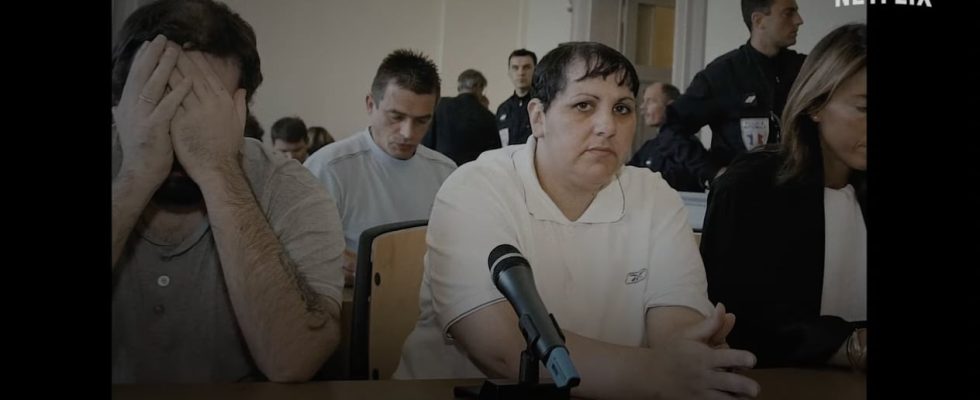The Outreau affair has inspired nearly thirty books in twenty years, half a dozen documentaries and a “fiction film”, Presumed guilty. Taken from the book by Alain Marécaux, the bailiff accused with his wife of child rape, the film by Vincent Garenq recounts the affair, since the irruption, at 6 a.m., at the Marécaux home, of judge Burgaud and police officers who came to arrest the spouses, until the end of the second trial at the assizes at the end of which they were both acquitted after thirty months in prison, two suicide attempts and a hunger strike. Garenq’s film, released in 2011, is astonishing, in part thanks to the performance of Philippe Torreton who, to play Alain Marécaux, went so far as to lose 27 kilos, which caused him to suffer serious depression.
There is infinitely less professionalism in the documentary produced in 2013 by Serge Garde, a retired professor of French and history and geography, working as a journalist at Humanity where he deals with news items, with a preference for cases of pedophilia, the secret ramifications of which he constantly denounces. The Outreau affair fits his tastes entirely. And it is quite natural that Serge Garde will help Chérif Delay to write his book I’m up. The catchphrase on the cover of the book, “The eldest of Outreau’s children comes out of the silence”, would make one smile because of the silence, Chérif Delay and his mother Myriam Badaoui came out of it from the start, accusing, in addition to the Marécaux couple, around sixty other people, also subsequently recognized as innocent. Her book not having exhausted her logorrhea, Chérif Delay participated in Serge Garde’s documentary entitled. Outreau, the other truthwhich was for him, at the age of 23, a new opportunity to accuse all those whom his fabrications had led to prison.
Approach the matter in a new way
We would almost feel sorry to hear him claim to speak in the name of “the little children”, all innocent slanderers, victims in fact but of their own phantasmagoria (to the rapes they added murder, zoophilia and prostitution), and who are retracted one after the other. The slanderer is no more pitiful than Judge Burgaud manages to convince. However, he is much more at ease than during his hearing before the parliamentary commission of inquiry, seven years earlier, undoubtedly because he feels, in front of Serge Garde’s camera, in confidence, and even in good company, that of the psychologists who gave credence to the fables of the Outreau children, and the magistrates who supported Judge Burgaud during his investigation. We come out of there with the conviction that cinema, whether documentary or fiction, will never succeed in anything other than making good or bad films. Doing justice is another job.
Last year, a mini-series of four times 52 minutes soberly titled The Outreau Affair nevertheless claimed to get closer to the truth by approaching the matter in a new way. The directors, Agnès Pizzini and Olivier Ayache-Vidal, courageously posed the question of the representation of reality in cinema by mixing interviews, archival documents, reconstructions and, very original, the making-of of these reconstructions on the set of which certain protagonists of the affair were invited to intervene to possibly re-establish the truth. Unfortunately, in this conflict of interpretations that was staged, the confrontation did not take place, the bold narrative mode bringing more confusion than anything else. The truth about the Outreau affair seems more than ever to collide with reality like a ball in a pinball machine.
The documentary mini-series currently broadcast on Netflix, Outreau, a French nightmare, directed by Camille Le Pomellec and Marika Mathieu, manages to fascinate us throughout the four times 52 minutes. It constitutes the strongest stone of a building which is not close to being completed.
.
